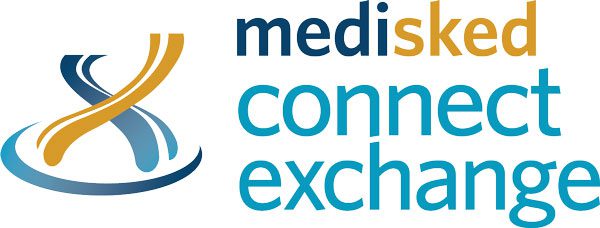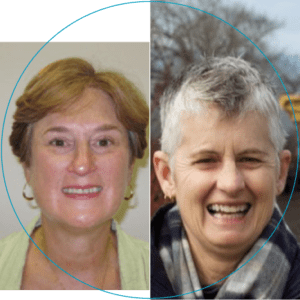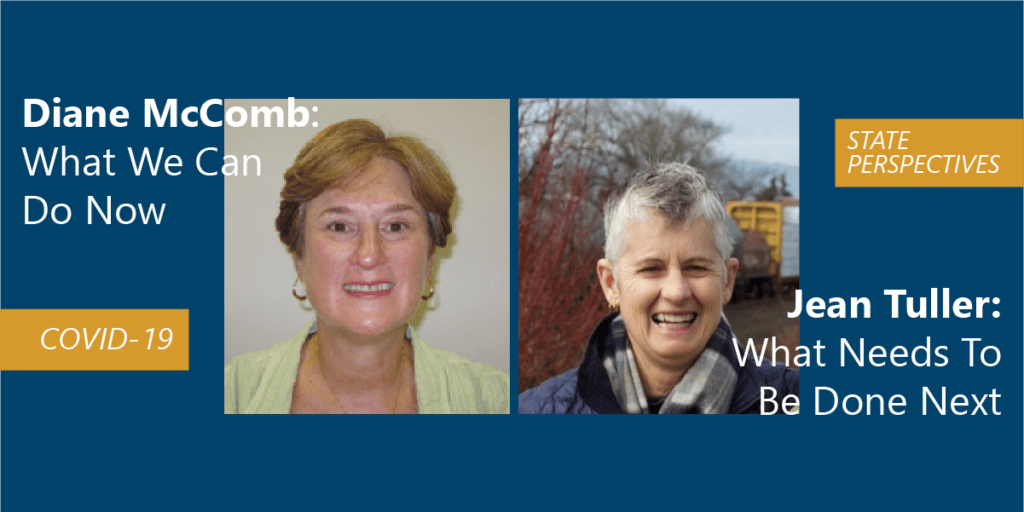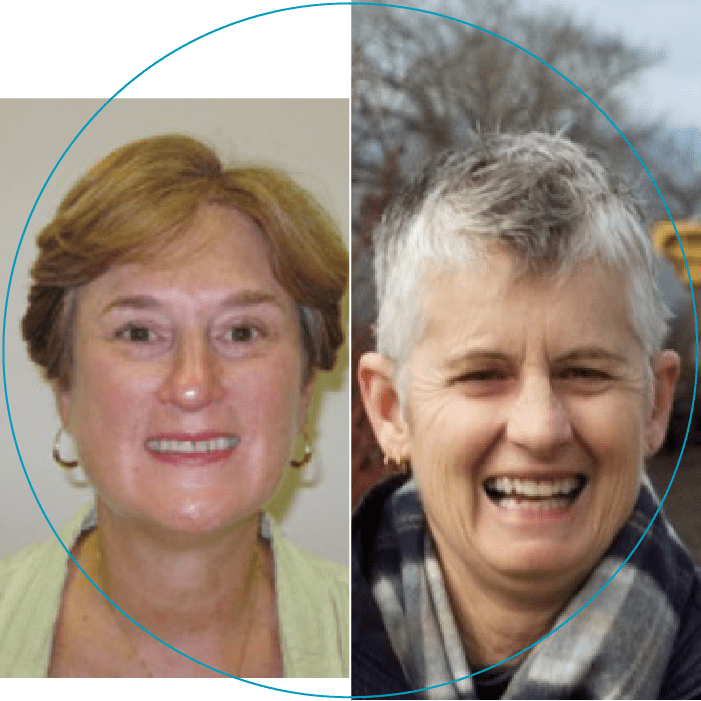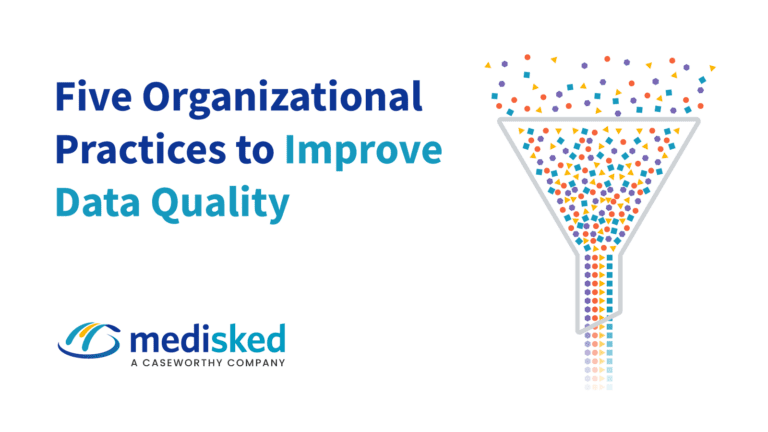MediSked Advisor Council members Diane McComb, former Deputy Secretary for the Maryland Department of Disabilities, and Jean Tuller, nationally recognized consultant in the area of systems transformation, provided their thoughts on the current and future situation in the environment of COVID-19.
What We Can Do Now? (Or What Are We Doing Now?)
Perspective from Diane McComb
The disability community is mobilizing to ensure that people with disabilities are not left out of the response to COVID-19. The civil liberties of people with disabilities need to be protected, especially under the current circumstances. As we move to an online world, access to technology needs to be made for people with disabilities, and the resources must be 508 compliant to accommodate everyone’s needs.
Additionally, people still need to receive services and supports and the Direct Support Professionals (DSPs) and other workers need the ability and protection to provide them. The organizations are sending guidance to appropriate stakeholders outlining strategies and solutions that address the needs of people with disabilities including the following: Letter to White House COVID-19 Task Force, National Disability Rights Call to Action, and COVID-19 Recommended Actions for Personal Assistance Services and Supports.
“The federal emergency management system, along with all state emergency management systems, need to view this crisis from the vantage point of someone with a disability. If we can respond to the needs of the disability community, we will be responding to most of the concerns of the general population. Too often, we respond to the typical non-disabled population first and worry about disabilities later, with the result being devastating to the disability community. The response needs to account for the most vulnerable first.“
-Diane McComb
What Needs to Be Done in the Future? (Or What Needs To Be Done Next?)
Perspective from Jean Tuller
The COVID crisis is magnifying what we already know – that it is the 21st century and we live in a world where technology is a necessity, not a luxury. People with developmental disabilities already deal with social isolation and marginalization. Now more than ever, we all need to collaborate to ensure that people with DD have access to technological platforms that offer connection and reassurance during this global health crisis. We can no longer be sanguine about the lack of a contemporary technological infrastructure in developmental disabilities. A concerted effort is needed to help people with DD gain access to the technology and social media that the rest of us take for granted.
Telemedicine is critical during this time and access to relevant technology is a pivotal part of this. With the red tape torn down, we’ve seen how quickly and efficiently change can be made. In early March, the Centers for Medicare & Medicaid Services (CMS) broadened access to Medicare telehealth services to ensure high-risk populations can still receive care from their doctors. Using the 1135 waiver, Medicare is covering the costs for “office, hospital, and other visits furnished via telehealth across the country and including in patient’s places of residence starting March 6, 2020.”[1] Across the board we’ve seen our government make changes to meet the challenge. People with disabilities, older adults, people with behavioral health issues, traumatic brain injuries, substance abuse, and the like still need to receive the services and supports that allow them to live the lives they want. MediSked provides the technological platform to enable coordinated care, which becomes acutely more apparent at moments like this.
States should leverage population health data to identify the most vulnerable individuals and pockets of increased risk. States and local governments that don’t have access to real-time population health information will need to identify opportunities to make this available as part of a future-prepared response effort to COVID-19. As we have seen during this pandemic, analytics supports both strategic decision making and crisis mitigation efforts. Comprehensive care management for vulnerable individuals during a crisis relies on the ability to support the integration, aggregation, and storage of data from disparate systems across an enterprise into a single source. There is a difference between feeling and knowing, and States can protect people by having data. Medical management of an individual is clearly the priority focus for prevention and in the event of infection, but other team members must have the tools to use their skills to help individuals overcome social, behavioral, and informational barriers that also arise for otherwise ‘healthy’ individuals who may now be unable to have typical daily routines and interactions.
I’ve never experienced anything like this. Within our field, Willowbrook is the other cataclysmic “event” that comes to mind, that prompted a revolution in how we look at people with DD and how we provide supports to those individuals. That moment opened eyes to show people were being treated and forced a remarkable examination that propelled us to the service system we have today. When we emerge in the post-COVID world, we must work to formalize processes and policies that provide access to technology where barriers previously existed. Our next steps will impact how every person moves forward.


